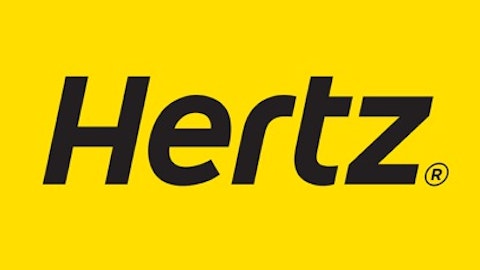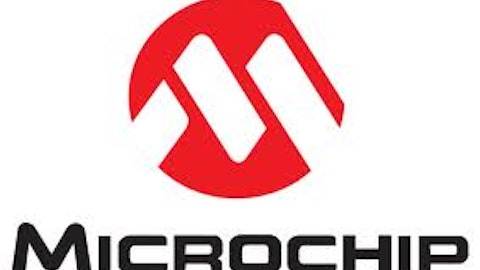In 2012, the North American rental car industry continued to consolidate with a blockbuster merger between the Hertz Global Holdings, Inc. (NYSE:HTZ) and Dollar Thrifty.

Valued at $2.3 billion, the deal also involved Parsippany, N.J.-based Avis Budget Group Inc. (NASDAQ:CAR) . Although it walked away from a bidding war over Dollar Thrifty, Avis Budget Group Inc. (NASDAQ:CAR) did purchase Avis Europe in 2011 in a move to expand into the world’s second-largest rental car market, and are now about to purchase another company: Zipcar Inc (NASDAQ:ZIP). New concepts like the Cambridge, Massachusetts-based Zipcar may threaten the relatively thin margins of the industry’s three major players. Overall, the deals reinforced the prevailing thesis about the rental car industry: while the market is not actively in decline, its major players are becoming increasingly entrenched and can look forward to fighting similar battles in the future.
About Hertz
Park Ridge, New Jersey-based Hertz Global Holdings, Inc. (NYSE:HTZ) is a car and equipment rental company that works with business and leisure travelers as well as contractors, home-builders and project managers. The company maintains a global fleet of over 525,000 passenger cars. These come in virtually every make and model. Hertz Global Holdings, Inc. (NYSE:HTZ) also has several thousand pieces of heavy equipment on hand, including earth-movers, generators, pumps and dump trucks. Finally, it sells its used rental cars at nine different terminals around the world. The company operates primarily in North America, the European Union and Australia. In 2012, Hertz earned $243 million on about $9 billion in gross revenues.
How the Deal Was Structured
The deal between Hertz and Dollar Thrifty was relatively straightforward. Under its terms, Hertz issued cash payments of $87.50 per share to each Dollar Thrifty shareholder. This provided Dollar’s shareholders with an immediate 8 percent premium and represented a two-fold increase in the $41-per-share offer that Hertz had made for the company in mid-2011.
The Federal Trade Commission had a tremendous amount of influence over the final outcome of this transaction. Before blessing the deal, the regulatory agency forced Hertz to divest completely from its low-margin Advantage Rent-a-Car division. Advantage was eventually purchased by a private capital consortium. While this stipulation was unsurprising, it served as a potent reminder to industry observers that the rental car market has become quite concentrated.
Other Major Players
In addition to Hertz Global Holdings, Inc. (NYSE:HTZ) and Avis Budget Group Inc. (NASDAQ:CAR), privately-held Enterprise Rent-a-Car has staked out its claim to a sizable portion of the U.S. rental car market. Due to its size, there was serious speculation that Enterprise would jump into the bidding-war fray and make an offer on Dollar Thrifty. Although this failed to pan out, Enterprise cannot be ignored.
Although it remains far smaller than the three major players, Zipcar’s innovative “car-sharing” model may eventually threaten the basic business model that has driven the rental car industry’s profits for years. Anticipating such a development, Avis headed off the Zipcar threat late last year with an attractive takeover offer that valued the start-up at more than $500 million.




